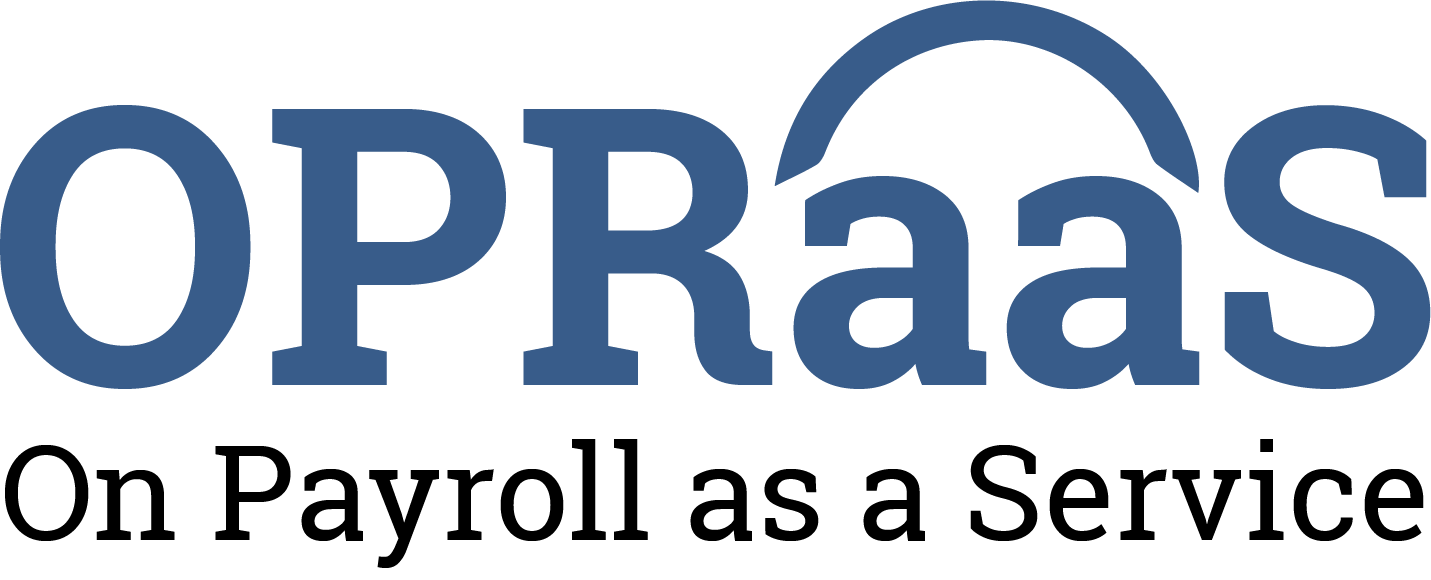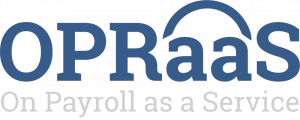LSCA Agency Audit Dashboard
Start, complete, revisit, analyse, store, print or send your essential Agency LSCA Audits by choosing from the menu below.
Agency Umbrella PAYE Audit
Important Information
This checklist has been developed to assist recruitment agencies in auditing umbrella companies operating PAYE models within their labour supply chain.
It ensures compliance, transparency, and mitigates risks related to tax evasion, disguised remuneration, worker exploitation, and commercial liability.
It also supports obligations under the Criminal Finances Act 2017 and safeguards reputational integrity.
Key assurance areas covered include:
- Verification of umbrella company legitimacy, director integrity, and HMRC registration status
- Transparency around PAYE deductions, margins, and take-home pay
- Confirmation of statutory employment rights (e.g. NMW, auto-enrolment pensions, and holiday pay)
- Assurance that the umbrella complies with the Criminal Finances Act 2017, Modern Slavery Act 2015, and GDPR
- Controls to detect mini umbrella company (MUC) fraud and PAYE fragmentation
- Evidence that grievance procedures, fair onboarding, and data safeguards are in place
Agencies may be expected to demonstrate:
- That robust due diligence is performed on all umbrella partners
- That contractual terms require compliance with employment law and tax standards
- That documentation is reviewed and retained to evidence compliance with PAYE, NICs, and employment law
- That any signs of non-compliance (e.g. disguised remuneration, excessive deductions, fragmented PAYE schemes) are escalated and acted upon
- That heightened scrutiny is applied to high-risk setups, including loan models, hybrid PAYE/CIS structures, or opaque take-home projections
Incomplete answers or unsubstantiated claims may not satisfy HMRC or contractual due diligence requirements.
This checklist ensures risks are identified, evidence is assessed, and accountability is embedded within the agency’s labour supply procedures.
Evidence Expectations
In an HMRC audit, superficial responses will not meet compliance standards.
Agencies may be asked to provide:
- Contracts, KIDs, onboarding scripts, pay breakdowns
- Risk assessments, IR35/SDS logs, onboarding due diligence
- Third-party audit outcomes, governance records, and escalation logs
- Mini umbrella red flag checks, VAT/Kittel assurance, and group structure disclosures
By using the form, you acknowledge acceptance of OPRaaS LTD’s data handling policies and terms and conditions of use.
Umbrella Company Details
This section captures the Umbrella Company main contact details that this form relates to.
Section 1 – Legal Entity & Controllers
This section ensures the umbrella company is a legitimate, compliant trading entity with verified tax registrations, PAYE credentials, and transparent controllers.
These checks prevent engagement with shell companies, phoenix firms, MUC fraud, or tax-evading entities.
They help meet duties under the Criminal Finances Act 2017 and protect commercial integrity.
🚩Red Flags
- Companies House shows dormant/dissolved status, overdue accounts, or repeated phoenix activity
- VAT number inactive, deregistered, or linked to HMRC Tax Loss/Veto letters
- Directors appear across multiple failed companies, are disqualified, or have misconduct/insolvency history
- Use of multiple small entities with overseas directors (potential Mini Umbrella Company structure)
- Inconsistent trading names across contracts, payslips, and onboarding documents
Section 2 – Banking, Money Flows & Outsourcing
This section ensures that umbrella companies manage funds through legitimate UK accounts, safeguard worker pay, and maintain transparency over any outsourced functions.
Early confirmation of banking, funds flow, and subcontracting arrangements helps prevent third-party routing risks, phoenix layering, or offshore diversion.
Section 3 – Payroll Integrity: PAYE, RTI & EIRR
This section confirms that the umbrella company applies PAYE/NIC correctly, reports earnings via Real Time Information (RTI), and meets quarterly Employment Intermediaries Reporting (EIRR) obligations.
Together, these form the statutory spine of a compliant umbrella payroll and protect agencies from HMRC enforcement.
Section 4 – Worker Pay, Benefits & Deductions
This section ensures that umbrella workers receive lawful pay, benefits, and statutory protections.
It confirms transparency of deductions, proper holiday accrual, lawful expenses, and fair treatment of salary sacrifice schemes.
Agencies are exposed if umbrellas disguise remuneration, breach NMW, or mislead workers about entitlements.
Section 5 – Identity, Right-to-Work & Data Protection
This section ensures that umbrella companies carry out statutory Right to Work checks, collect and retain identity documents, and comply with GDPR requirements for secure handling of worker data.
It also tests whether staff are trained to recognise risks such as document fraud, identity misuse, or modern slavery indicators.
Section 6 – Modern Slavery Risk Oversight
This section ensures umbrella companies take active steps to detect, prevent, and respond to modern slavery and labour exploitation within their workforce and supply chain.
It tests whether policies, training, reporting channels, and subcontractor oversight are in place, in line with the Modern Slavery Act 2015 and wider HMRC labour supply guidance.
Section 7 – Tax & Model-Risk Assurance (VAT, MUC, IR35/Hybrid)
This section ensures umbrella companies are not exposing agencies to HMRC enforcement through VAT fraud (including MTIC/carousel fraud), Mini Umbrella Company (MUC) setups, or disguised remuneration via hybrid models.
It supports agency obligations under the Kittel principle, the Criminal Finances Act 2017, and upcoming Joint & Several Liability (JSL) 2026 rules.
Section 8 – Criminal Finances Act 2017 (CFA) – Reasonable Prevention Procedures
The CFA 2017 created the Corporate Criminal Offence (CCO) of failing to prevent the facilitation of tax evasion.
Agencies and umbrella companies must demonstrate they have taken reasonable prevention procedures. HMRC expects documented risk assessments, policies, staff training, and escalation processes.
Section 9 – Complaints, Disputes & Record-Keeping
This section ensures umbrella companies have robust systems for logging and resolving complaints, learning from disputes, and maintaining compliant records.
It protects agencies from tribunal claims, reputational damage, and shows transparency in line with HMRC and contractual due diligence expectations.
Section 10 – End-Hirer Governance & JSL Readiness
This section ensures that end-hirers and agencies can demonstrate oversight of umbrella partners in line with contractual obligations and the upcoming Joint & Several Liability (JSL) regime (2026).
It tests whether due diligence, contract clauses, escalation routes, and audit access are in place to prevent hidden tax risks, worker exploitation, or reputational damage.
Section 11 – Worker Pay, Benefits & Deductions – Complementing Oversight
This section ensures agencies and end-hirers conduct their own oversight of umbrella pay, benefits, and deductions, rather than relying solely on umbrella self-certification.
It reinforces accountability under the Employment Rights Act 1996, NMW Regulations 2015, and upcoming JSL 2026 regime.
Section 12 – Insurance & Financial Resilience
This section ensures umbrella companies hold the legally required insurances and have financial safeguards in place to protect workers and agencies.
Insurance is critical to cover liabilities such as injury, holiday pay, AWR claims, or business interruption, especially if an umbrella collapses or faces enforcement action.
Section 13 -Cybersecurity & Payroll System Resilience
Umbrella companies process highly sensitive payroll and worker data (bank details, NI numbers, passports, visas).
Cyberattacks, ransomware, or weak IT controls can expose agencies and workers to fraud, identity theft, and payroll disruption.
This section ensures umbrellas maintain secure systems, external accreditation, and business continuity.
Section 14 – Business Continuity & Exit Planning
This section ensures umbrella companies and agencies are prepared for unexpected disruption — including insolvency, deregistration, payroll system failure, or sudden disengagement.
Proper continuity and exit planning protects workers, agencies, and end-hirers from unpaid wages, lost PAYE/NIC, and reputational damage.
Section 15 – Purported Umbrella Model Risk Checks
This section helps agencies confirm that the supplier is a genuine PAYE umbrella and not a disguised intermediary.
Section 16 – Final Declaration and Signoff
This section captures accountability, confirms that the audit has been reviewed by a responsible person, and provides a complete audit trail for agencies, end-hirers, and regulators.
It ensures commitment to compliance and transparency under the Criminal Finances Act 2017, JSL 2026 regime, and wider HMRC supply chain expectations.

